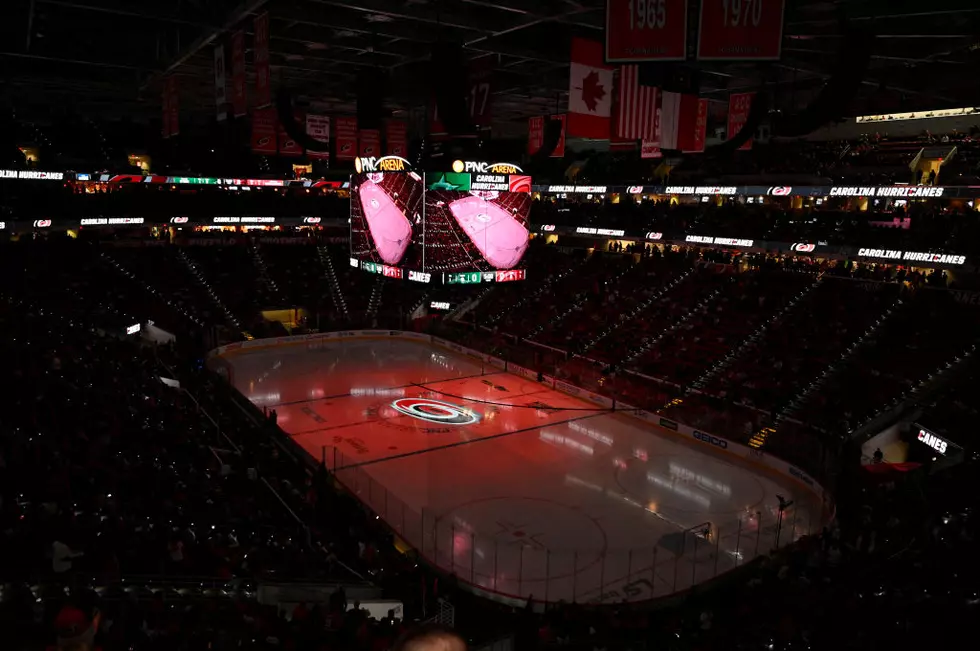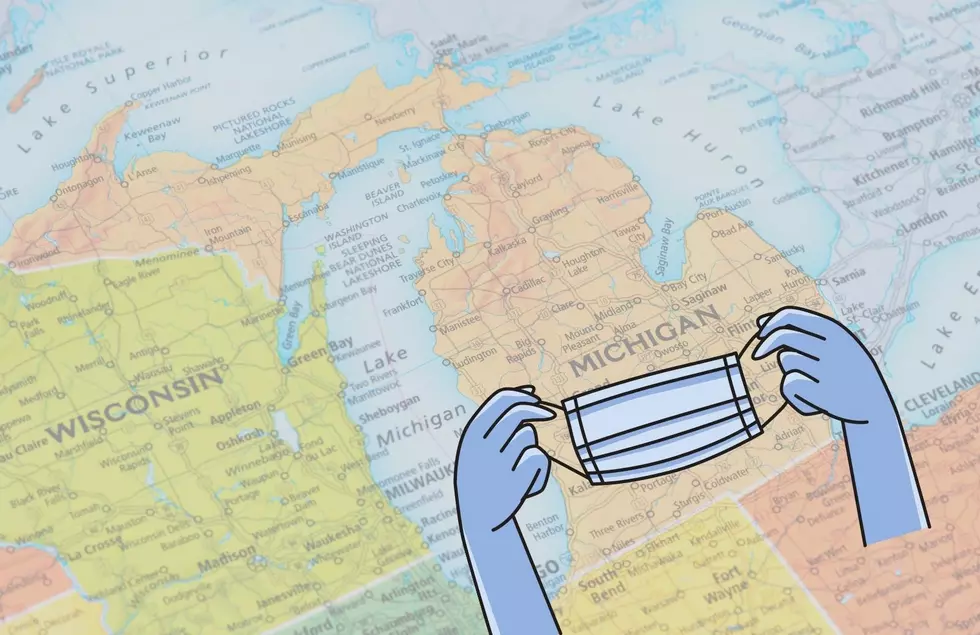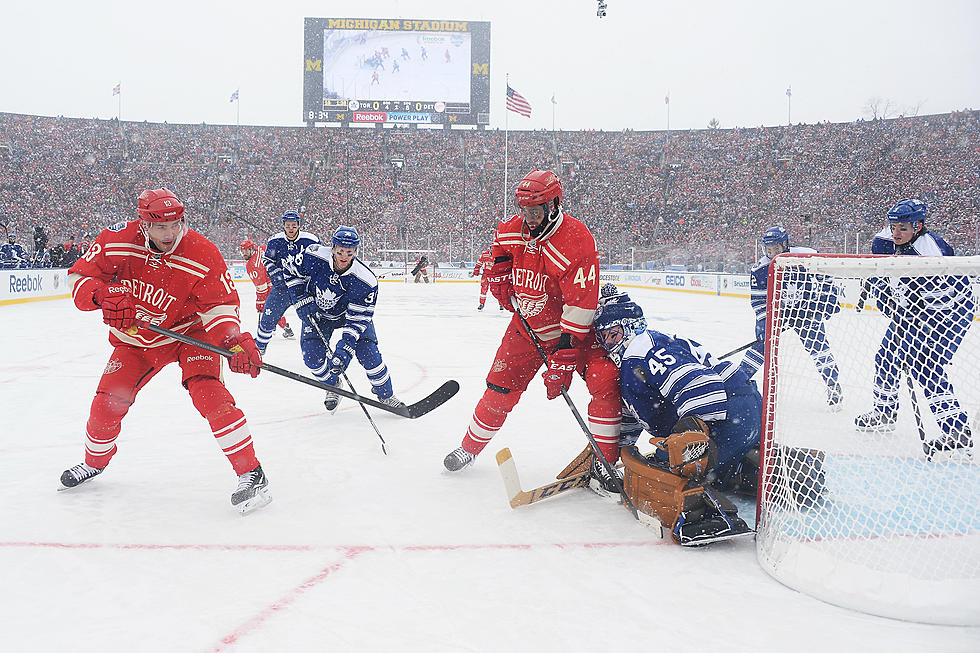
Report: NHL No Longer Considering Neutral Sites for Return
For several weeks, all major sports leagues have exhausted every resource to find a way to get back to playing in the midst of the COVID-19 pandemic that is sweeping the nation and the world.
There are going to be many contingencies and caveats to making a return. Any sport that returns to playing is going to require that all players get tested and remain in isolation of some form to maintain their health during the resumption of the season. It will also mean that fan attendance is at least limited and more likely eliminated altogether in this time of social distancing that is required to curb the effects and spread of the virus.
That said, any return to sports would be welcome by people who are currently in isolation with not much else to do other than catch up on old television programs, movies and other indoor hobbies. For sports fans, an event like the NFL Draft, being held virtually this year, is going to be welcomed simply because it presents live sports coverage of any kind. The longer things go on without sports, the more welcome it will be when they return, even if it means no one can be there in attendance.
For a few weeks, the NHL was exploring some options on returning and one possible scenario was to hold games in neutral locations where the risk of outbreak seemed to be more in control than metro areas. The University of North Dakota was floated as an option. So were sites in New Hampshire and Saskatoon, Saskatchewan.
According to a report from Greg Wyshynski at ESPN, that scenario is no longer being considered by the NHL. The two main reasons this idea "never got off the drawing board" was due to issues with player accommodations, facilities for league and team staff and the inability to allow multiple broadcast crews to provide coverage of potential Stanley Cup playoff games.
The new target for the NHL is to look at regional NHL arenas, aligned by division, where teams could potentially be able to complete the regular season and then hold the playoffs. According to the ESPN report, the frontrunners to host are Carolina for the Metropolitan Division, Edmonton for the Pacific Division and Minnesota for the Central Division. There is currently no frontrunner for the Atlantic Division.
The goal remains to complete the regular season first and then hold the playoffs, and a possible scenario would be to host multiple games on the same day at each host arena, similar to the way international tournaments are held.
As for a timeline on this happening, Florida Panthers president and CEO Matthew Caldwell said on a Re-Open Florida Task Force conference call on Tuesday that a July restart date would appear to be the target.
"The players right now are all quarantined. I know for the NHL, our players are quarantined through the end of April, and that will probably be extended into May. But when we are able to come out of the quarantine period, players are going to need time to work out," Caldwell said. "I think all leagues are thinking about some training camp that we would do before the start of the season. So that's going to take us into the June time frame. At least with the NHL, we're trying to target some time in July. When we feel that players are safe and we have enough testing and we have enough ways to get back on the ice, for us it's probably going to be contained at playing at four or five neutral sites. So that's all being discussed right now. My guess is that we would start with limited fans or empty arenas. So just with the teams and the associated staffs."
The ESPN report notes that NHL sources have said that this plan has been one of the many discussed, but that if the league could open back up for play sooner than July, it would. It was also noted that the speculation that fans could return to arenas, even in a limited capacity for a season restart, was premature.
Any plan constructed by the NHL would have to be approved by the NHL Players Association. The safety of all involved, especially the players, is of the greatest concern and the league will not return if there is too great a risk.
"We'll follow the directions of the appropriate public health authorities. That goes without saying," NHLPA executive director Don Fehr said to ESPN on Saturday. "When and if they say -- and, obviously, we hope it's sooner rather than later -- that they can declare it safe under certain conditions, we'll adhere to those guidelines. The NHL has retained specific infectious disease specialists, as have we; everyone is working together. You will do everything you can to make sure it's as safe as it can be. If there's enough unreasonable risk, it's hard to see coming back."

MORE: Quarantine Olympics 2020
More From The Game 730 WVFN-AM










